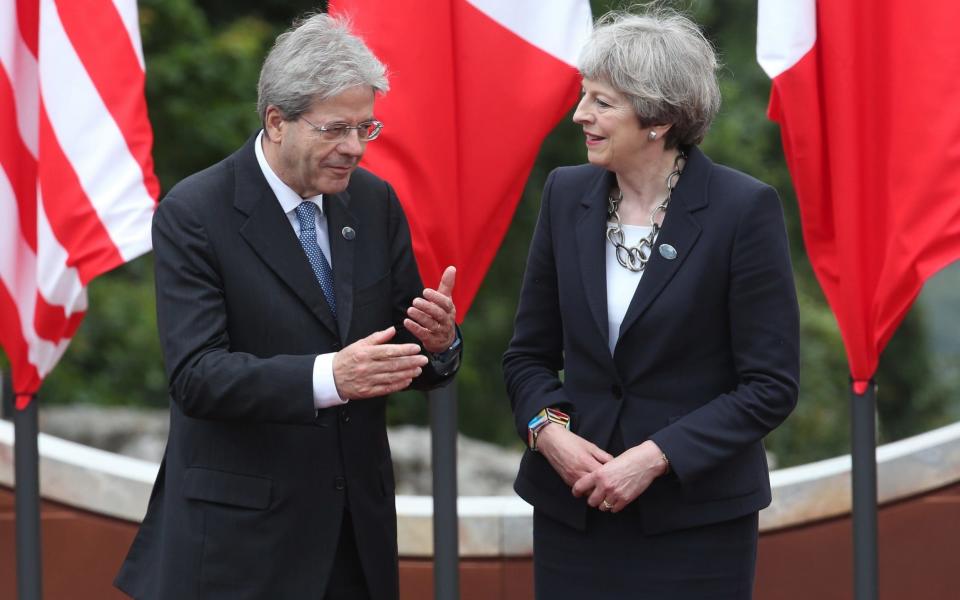EU predicts eurozone boom but UK gloom in pessimistic forecasts

The eurozone economies will surge ahead, while the UK will grow only as fast as continental laggard Italy - according to the European Commission’s forecasts.
Spain and Germany will perform particularly strongly, the EC predicts, driving the eurozone’s GDP up by 2.2pc this year and 2.1pc next year.
By contrast the UK will slow to 1.5pc this year, 1.3pc in 2018 and 1.1pc in 2019, the analysis states, with consumer spending slowing and investment weighed down by Brexit uncertainty.
That is a substantially more gloomy view than the Bank of England’s predictions, which envision GDP to grow by 1.7pc in each of the next three years.
Britain grew by 0.4pc in the third quarter of this year, according to the Office for National Statistics, but the EC has still pencilled that in as a 0.3pc expansion.
There is more bad news in the store for the UK jobs market forecasts, according to the Commission.
Unemployment will rise from 4.3pc now to 4.5pc by the end of the year and 4.8pc by the end of 2019, the EC believes. By contrast the Bank of England expects joblessness in the country to fall to a new 42-year low of 4.2pc in the months ahead and then stay there for several years.
This has led some economists to doubt the usefulness of the EC’s gloomy predictions.
Martin Beck at Oxford Economics said: “They are institutionally biased - they are not going to predict things are going to be great and that Brexit isn't too bad. I don’t take these seriously any more."
He noted that the EC’s forecasts were even pessimistic immediately after the Brexit vote, but they have been forced to raise their outlook since then. “They are bound to be gloomier than everyone else, their survival depends on it," said Mr Beck. "They have all got the same mindset, that Brexit is a terrible thing.”
The EC forecast does say the UK's “net exports are expected to provide some support to growth”, though even here it predicts only a short-term boost, with net exports adding 0.5pc to GDP growth in 2017, but fading to 0.2pc by 2019.
The analysis has been published just before the next round of negotiations between the UK and the European Union. The EC says its report assumes that the trading relationship post-Brexit does not change - hinting that it sees this as an optimistic scenario and that forecasts could get even worse in the event of an acrimonious Brexit.
Britain's Office for Budget Responsibility warned that it is planning to cut its forecasts for UK productivity growth, which will dent its overall growth outlook.
Economist Peter Dixon at Commerzbank said the backdrop is downbeat, even if the scale of the problem is up for debate: "In all, there is little to disagree with in the general tone of the EC’s assessment, even if some of the numbers after the decimal point are lower than ours," he said. "Calls by certain politicians for more optimistic economic forecasts appear to fly in the face of the UK’s current economic fundamentals."

 Yahoo Finance
Yahoo Finance 